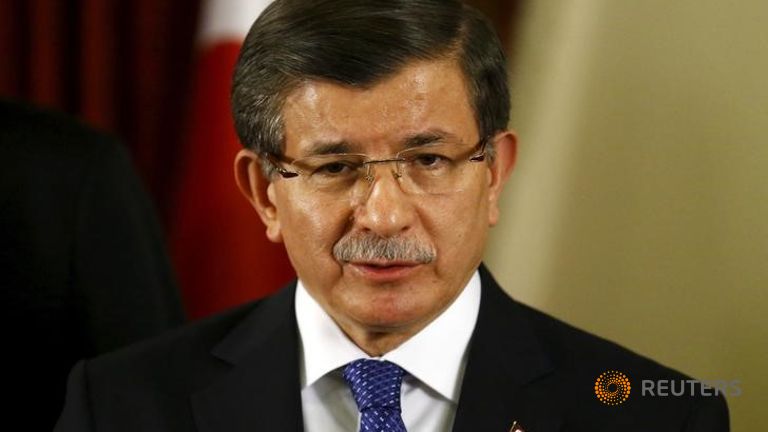-
Tips for becoming a good boxer - November 6, 2020
-
7 expert tips for making your hens night a memorable one - November 6, 2020
-
5 reasons to host your Christmas party on a cruise boat - November 6, 2020
-
What to do when you’re charged with a crime - November 6, 2020
-
Should you get one or multiple dogs? Here’s all you need to know - November 3, 2020
-
A Guide: How to Build Your Very Own Magic Mirror - February 14, 2019
-
Our Top Inspirational Baseball Stars - November 24, 2018
-
Five Tech Tools That Will Help You Turn Your Blog into a Business - November 24, 2018
-
How to Indulge on Vacation without Expanding Your Waist - November 9, 2018
-
5 Strategies for Businesses to Appeal to Today’s Increasingly Mobile-Crazed Customers - November 9, 2018
Trans-Pacific trade pact has been signed
The TPP, a deal which will cover 40% of the world economy, has already taken five years of negotiations to reach Thursday’s signing stage.
Advertisement
Many people in New Zealand remain opposed to the deal, and hundreds protested outside the Auckland venue where it was being signed, blocking traffic on some streets, while others protested in the capital, Wellington.
Although the signing marks the end of the negotiating process, member states still have two years to get the deal approved at home before it becomes legally binding.
As well as the US and New Zealand, the countries who have signed the deal are Japan, Canada, Mexico, Australia, Malaysia, Singapore, Peru, Chile, Vietnam and Brunei.
Given their size, both the United States and Japan would need to ratify the deal, which will set common standards on issues ranging from workers’ rights to intellectual property protection in 12 Pacific nations.
Supporters of the deal say harnessing the power of free trade in such a dynamic part of the world is vital if the United States is to fend off China’s challenge to its supremacy. The TPP has been a source of criticism from many quarters within and outside the 12 member countries.
There is wide spread grassroots opposition to the TPP in many countries.
“In addition to hosting the signing, New Zealand will be the depository for the TPPA”.
The opening of economic borders and aligning of laws that the TPP includes has the potential to open Australia up to lawsuits including investor-state dispute settlement, a test case of which by USA tobacco giant Phillip Morris cost Australian taxpayers $50 million in 2015.
Chile’s Foreign Minister Heraldo Munoz predicted “robust democratic discussion” in his South American nation.
Proponents say the agreement will increase trade and make it more equitable by eliminating most tariffs and other barriers. A ministry statement said it was weighing up the Trans-Pacific Partnership deal signed today in New Zealand, which China has not signed.
Advertisement
She emphasised that the government committed itself to a wide-ranging consultation on the TPP during its election campaign and that process was now underway.





























